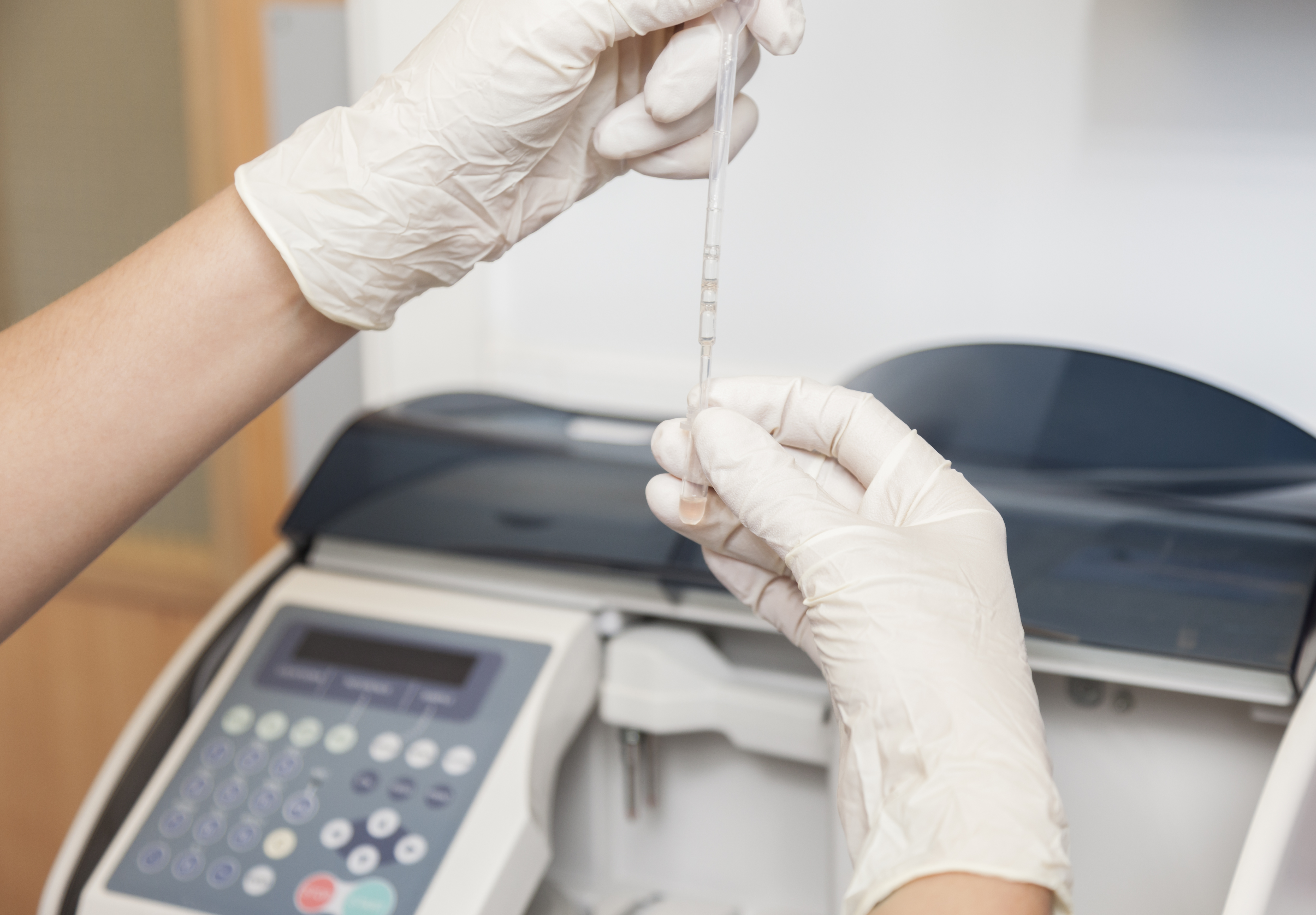The State Laboratory Evaluation program helps to ensure that milk produced in Minnesota is free from drug residues, chemicals, and biological substances in amounts above established tolerances or safe levels. Every load of milk destined for a dairy plant must be tested for antibiotic residues prior to being unloaded at the plant. In addition, the quality of milk from every dairy producer must be tested on a monthly basis. The role of the State Laboratory Evaluation Officer (LEO) is to audit and accredit Minnesota’s dairy testing laboratories, and certify the analysts running the tests. The State LEO is trained and certified by the Food and Drug Administration (FDA) to conduct these evaluations.

The LEO evaluates dairy laboratories during a biennial onsite survey. The evaluation includes laboratory facilities, equipment, records, and documentation. Following the onsite survey, the LEO produces an audit report for the lab, and works with the facility to correct deficiencies noted during the evaluation.
The LEO evaluates dairy analysts during the biennial onsite survey; the evaluation includes observing and training analysts as they perform dairy testing. The LEO also administers an annual proficiency testing program (“splits”) for all facilities and analysts. Dairy analysts must successfully participate in both the onsite survey and the annual split sample survey to be fully certified to test milk.
The State LEO works closely with the MDA Dairy Inspection Program to determine which dairy producers and processors must be evaluated by the LEO. Producers and processors are generally referred to the LEO by a dairy inspector. Facilities who maintain Appendix N drug residue screening will be billed annual Laboratory Evaluation Officer (LEO) service fees. The annual LEO service fee for a facility is based on the number of analysts approved/certified to conduct milk testing, and the number of specific tests for which each analyst is approved. The cost for participation is $200 per analyst and $50 per test.

